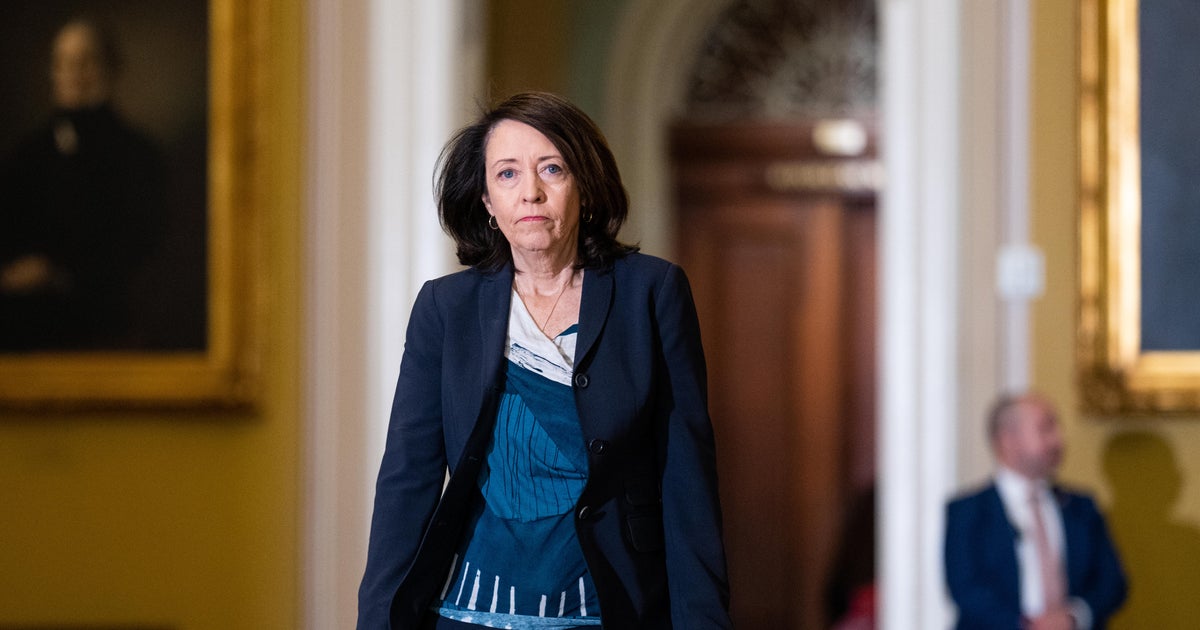Silicon Valley Bank leaders

Federal Reserve head Jerome Powell excoriated the leadership of Silicon Valley Bank on Wednesday, painting the second-largest bank failure in U.S. history as an isolated instance caused by poor judgment.
“At a basic level, Silicon Valley Bank management failed badly,” Powell said in a press conference to discuss the Fed’s latest move to hike its benchmark interest rate. “They grew the bank very quickly. They exposed the bank to significant liquidity risk and interest rate risk. Didn’t hedge that risk. We now know that supervisors saw these risks and intervened, we know that the public saw all this, we know that SVB experienced an unprecedentedly rapid and massive bank run,” he said.
SVB, a bank popular with technology startups and venture capitalists, collapsed earlier this month after announcing that it was trying to raise cash, raising concerns about its financial health and spurring panicked depositors to withdraw their funds. The bank had invested much of its holdings in long-term Treasury bonds and mortgage-backed securities, and as interest rates shot up over the last year the assets had fallen in value so much that SVB couldn’t cover all the withdrawals.
California regulators seized SVB on March 10, while the federal government was forced to step in to guarantee the money held at the bank and at a smaller lender, New York’s Signature Bank.
Although more than 90% of deposits at both banks were uninsured — meaning beyond the Federal Deposit Insurance Corp.’s $250,000 insurance cap — the government opted to safeguard all the funds out of fear that a major loss of depositor money could trigger other bank runs, Powell said.
“The issue was not about those specific banks but about the risk of contagion to other banks and the financial markets more broadly,” he said.
Powell declined to elaborate on his view of what went wrong at SVB, or address whether Fed regulators could have prevented the bank failures.
“My only interest is that we identify what went wrong here. How did this happen, is the question,” he said. “We will find that and then make an assessment of what are the right policies to put in place so it doesn’t happen again, then implement those policies.”
“It would be inappropriate for me at this stage to offer my views on what the answers might be,” Powell added.
Perhaps seeking to reassure nervous investors and ordinary bank customers, the Fed Chair also sought to underline that SVB’s problems were unusual and don’t reflect systemic problems with the country’s banks.
“These are not weaknesses at all broadly through the banking system. This was a bank that was an outlier in terms of its percentage of uninsured deposits and in terms of its holdings of duration risk,” he said.
S&P Global Intelligence recently identified 10 other banks where at least 60% of the deposits were uninsured, including Bank of New York Mellon, Northern Trust, State Street Bank and Trust and City National Bank.
Failure of oversight?
Despite Powell’s assurances, data suggest many Americans have qualms about banks. Trust in financial institutions has plunged, according to a new AP-NORC poll, with nearly two-thirds of Democrats and half of Republicans saying they want more regulation of the finance industry.
SVB’s failure comes five years after Congress loosened bank regulations, shielding midsize lenders— including SVB — from annual Fed “stress tests” to gauge their health as well as from other government oversight. SVB and Signature Bank had lobbied for the changes, which the finance industry and its allies painted as essential relief for small banks stifled by red tape.
For its part, Signature Bank continued to woo lawmakers until earlier this month, Bloomberg reported, noting that the company threw a fundraiser for Rep. Patrick McHenry, the Republican chair of the House finance committee, only 10 days before it collapsed. The committee is now investigating what led to the bank’s failure.
Shareholders in SVB have filed a class-action lawsuit against its parent company, CEO Greg Becker and Chief Financial Officer Daniel Beck alleging the company failed to disclose the risk that rising interest rates could disrupt its business.
The Associated Press contributed to this report.
World News || Latest News || U.S. News
Source link



